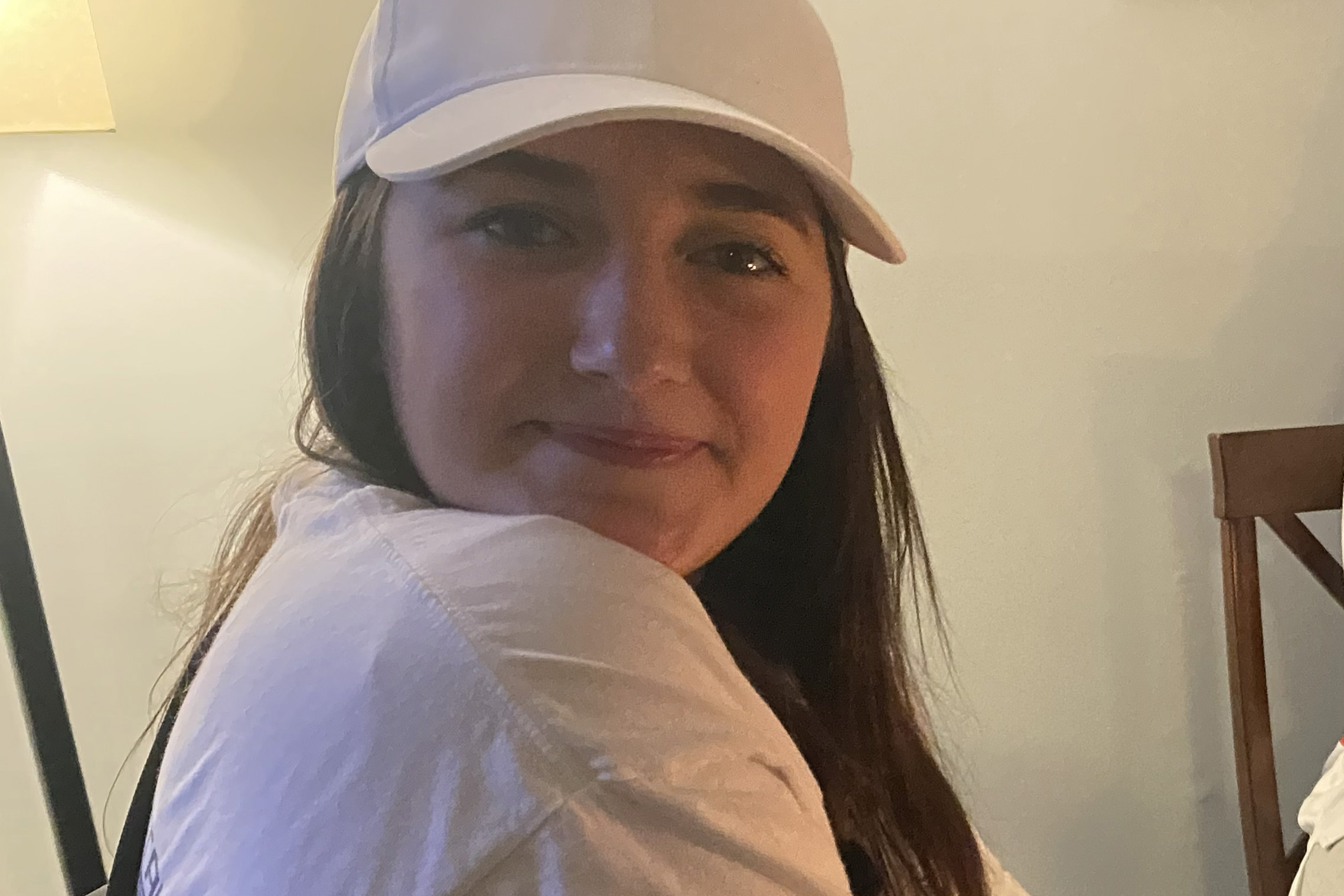
Can your diet deter dementia? Is there a link between cold sores and Alzheimer’s? Do crossword puzzles help prevent memory decline?
There are many misconceptions about Alzheimer’s disease, the most common form of dementia. UConn Today asked Dr. Kristina Zdanys, geriatric psychiatrist at UConn Health, to set the record straight. Zdanys, whose special interests include later-life mental health problems including cognitive and mood disorders, also discusses the latest treatment options for this devastating disease, and the growing incidence of “caregiver burnout.”
Q. With November being Alzheimer’s Awareness Month, what is the biggest misconception you would like to make people aware of regarding Alzheimer’s disease or dementia in general?
A. People often believe that Alzheimer’s disease is part of “normal aging.” This is not true. Many people forget where they put down their glasses, and often that is nothing to worry about. Losing your glasses occasionally is not Alzheimer’s! When someone has Alzheimer’s, forgetfulness increases to the point where it affects the person’s ability to do their daily routine (such as paying the bills, managing their medications, or cooking a meal). That is not normal aging. Part of the misconception is that so many older people have some degree of Alzheimer’s – more than 40 percent over the age of 85 – so it may seem like a part of the aging process. Anyone experiencing memory problems should discuss with a physician, just as someone would see a doctor to evaluate pain or a cough.
Q. What is the difference between Alzheimer’s and dementia? It seems like a lot of people lump these two together.
A. Dementia is a broad term that describes a variety of diseases in which people suffer from memory impairment that gets worse over time and affects their ability to function in their daily lives. Alzheimer’s is the most common type of dementia, so the two terms are often used interchangeably. Some other types of dementia are Lewy body dementia, vascular dementia, and frontotemporal dementia. Each of these involves memory impairment but the associated symptoms are different. A parallel distinction may be made with cancer – many people are diagnosed with cancer, but not everybody has the same kind.
Q. Are people being diagnosed with Alzheimer’s or dementia at a younger age? If so, why is that?
A. Age is the number one risk factor for developing Alzheimer’s disease. Risk doubles every five years after the age of 65, to the extent that over 40 percent of people aged 85 and over have some degree of Alzheimer’s disease. That said, there are some people who do develop Alzheimer’s younger than age 65, in the range of 6 to 7 percent of all Alzheimer’s cases. We consider those patients to be “early onset,” and often this type of Alzheimer’s runs in families. While I would not say people are developing Alzheimer’s at a younger age, I do think there is more awareness among doctors to be screening patients for any signs of a memory problem, which helps to diagnose Alzheimer’s at an earlier stage of the disease.
Q. Lately there seem to be a lot of high-profile, celebrity doctors who are making claims that certain dietary changes can prevent or even cure Alzheimer’s. Is there any validity to those claims?
A. To be clear: there is no known way to prevent or cure Alzheimer’s disease. However, we like to say that “heart health is brain health.” Maintaining a balanced diet, getting regular exercise, and staying socially connected is helpful for overall health. A healthy diet and exercise specifically may decrease risk of stroke, which is something that often makes Alzheimer’s symptoms worse.
Q. Can crossword puzzles and other brain games deter dementia?
A. Puzzles and brain games do not prevent Alzheimer’s or other types of dementia, but they certainly can’t hurt. It is important to “work out” different parts of your brain, just like you would work out different muscles at the gym. If you like them, do them. If puzzles are not your thing, reading, attending lectures, listening to music, or going to the museum are other ways to keep your brain engaged.
Q. We heard about research showing that cold sores might be associated with Alzheimer’s. Is this true?
A. Cold sores are caused by the virus Herpes Simplex Type 1. Recent research showed an association between people who had this virus and development of Alzheimer’s disease. However, there is no cause for alarm. An association between two things does not necessarily mean cause and effect. There are a variety of other unknown factors that could contribute to the relationship. In this case, the majority of adults have Herpes Simplex Type 1 virus. At the same time, the majority of adults do not develop Alzheimer’s disease. Alzheimer’s is a complicated disease, and researchers have yet to determine a specific cause. Most likely, Alzheimer’s is the result of multiple genetic and environmental factors, and finding out more about what those might be is a large focus of current research.
Q. As far as preventing or treating Alzheimer’s, are there any new medications on the horizon that are promising?
A. Because Alzheimer’s currently affects five million Americans and that number is growing by the day, research looking at prevention and treatment is very active. There are many research projects going on nationwide looking at different stages of the disease, and I would encourage people to visit the Alzheimer’s Association website (www.alz.org) to find out more about getting involved. That said, there are several medications on the market right now that have demonstrated some benefit in slowing down the progression of Alzheimer’s, and I frequently prescribe these. As always, I would recommend discussing risks and benefits of treatment with one’s doctor.
Q. So much focus is on the dementia patient – what about the loved ones caring for them? What support services are available for them?
A. Caregiver burnout is an epidemic in this country. Women comprise more than 60 percent of caregivers of Alzheimer’s patients, and many are in the “sandwich” generation – caring for their ailing parents as well as their own children, in addition to juggling work and other responsibilities. Many caregivers have to give up their own jobs in order to provide unpaid care to their loved one. Caregiving is both physically and emotionally stressful. There are many resources available. I most frequently recommend the Alzheimer’s Association website for caregivers (www.alz.org/care), where people can find a tremendous variety of resources, including a 24-hour helpline and information about support groups in their area.
Zdanys sees patients with Alzheimer’s disease and other related conditions as part of the multidisciplinary James EC Walker Memory Assessment Program at UConn Health. Appointments and referrals can be made by calling 860-679-8400.



